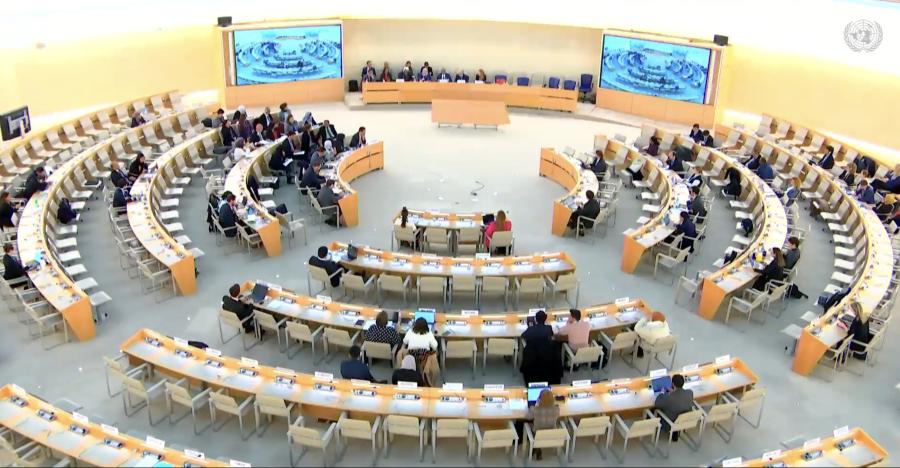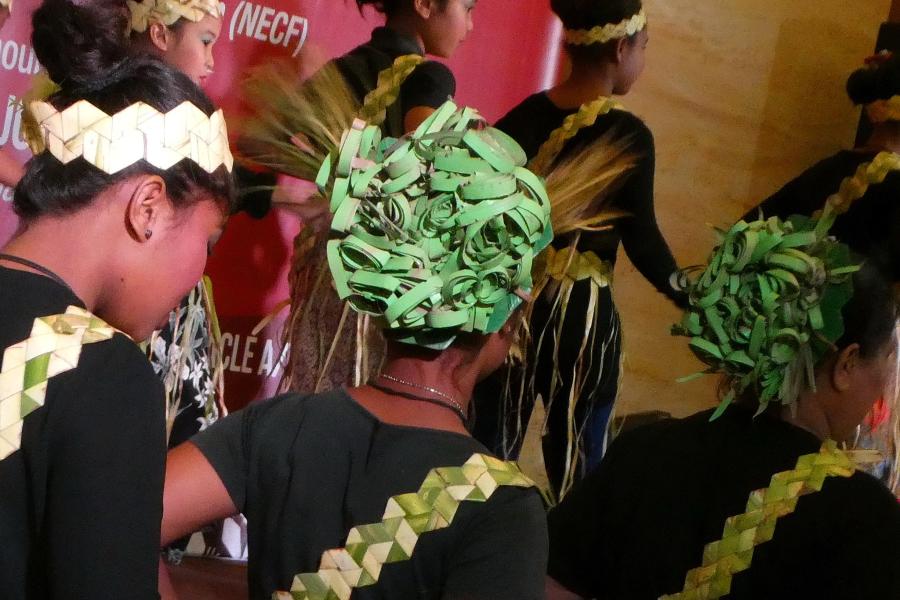We had heard the Iban of Sarawak were a friendly people - that they opened their homes to anyone with an interest in their culture - but we were hardly prepared for a reception like this. The river "express" had just pulled away from Kapit's public dock when we were accosted by a group of happy youths.
"Where you going, man?" asked one.
"Not what I had expected of an Iban teenager, he wore leopard skin pants and wrap-around sunglasses.
"Up to a longhouse for the Gawai," I said.
A friend of the first was dressed in a shiny leather jacket and a red headband. It was June. They were returning upriver for the New Year celebration and they were clearly in a mood to party.
"Come with us," said the first.
A third youth leaned over the other two, hair pruned in a tight semicircle above his ears. "It's the best. That's what all the Europeans say."
When we had headed up the Rajang River the day before, we did not expect the dark, secretive world of Victorian imaginings. True, the Iban did hunt heads at the turn of the century, but the market for petroleum and timber has transformed Borneo into a sort of Southeast Asian Alaska in the last 25 years. Still, it was a bit odd to be invited to a jungle long-house by teenagers who looked like the cast of a rock video.
The minutes stretched into hours and somewhere along the way, we realized accepting the youths' invitation was taking us miles out of our way. Yet, what awaited us was well worth the trip. The longhouse was one of the most traditional we could have come to; wonderful murals lined the common wall of the verandah, and the skulls of ancient victims still hung by twine from the rafters. Another principle cultural artifact, visible nearby, was a poster of Sting, the British rock bassist. Since batteries for the "boom-box" were a precious commodity, the boys settled in with a guitar. The first song was unmistakable - Duran Duran.
The New Year celebrations began the next day, and representatives of 15 longhouses had been invited on account of a particularly portentous dream. We attended spirit offerings, family banquets and the parade of warriors.
Near the end of the second day we asked an elementary school principal about the boys. The principal explained how in former times his job was one of the highest-paying an Iban might hope to attain. Now, young men can earn much more driving machinery in the logging camps, he said. With the easy money has come an easy new culture.
All across Borneo, acres of tropical hardwoods are being cut down at a staggering rate. Young Iban men in the employ of the logging companies are literally tearing down the forest home that has supported the tribe for hundreds of years. The young men's reward is cash, and with their cash they bring all the seductions of international consumer culture upriver - to further erode Iban tradition.
Article copyright Cultural Survival, Inc.


